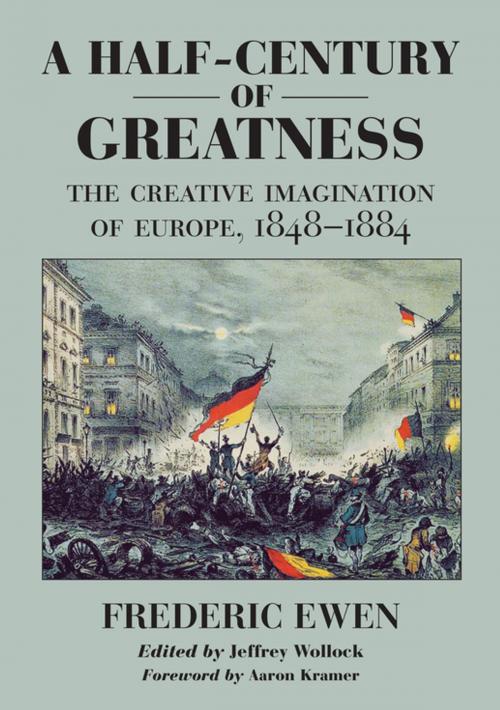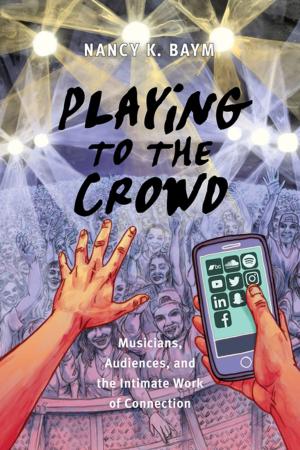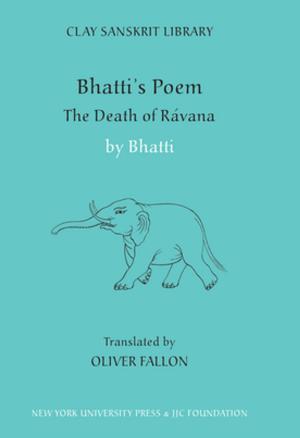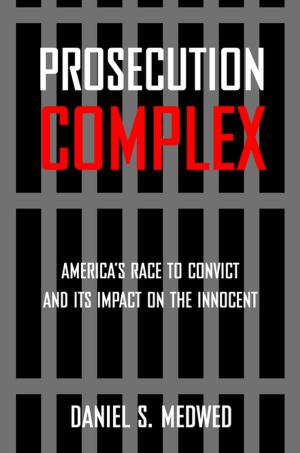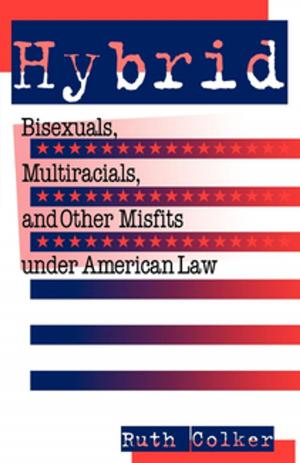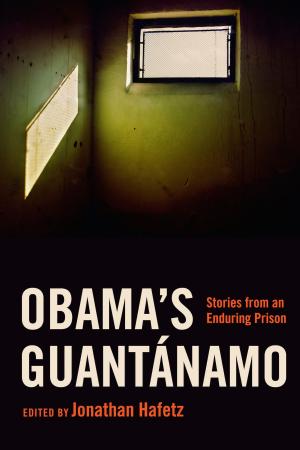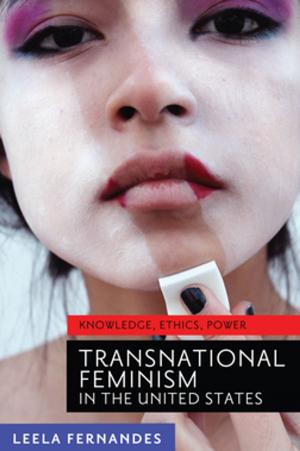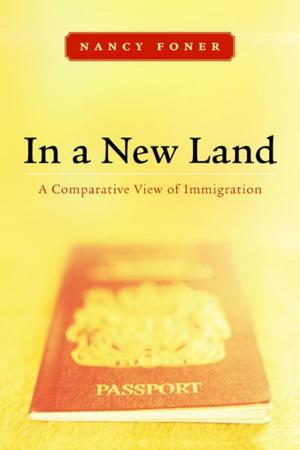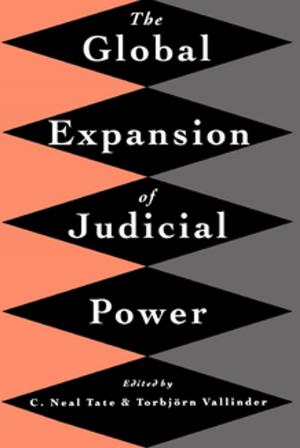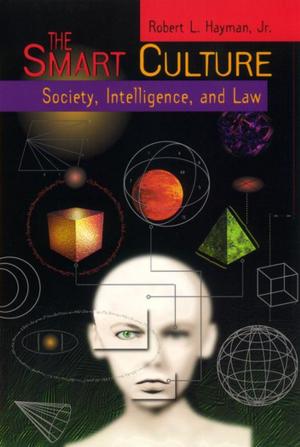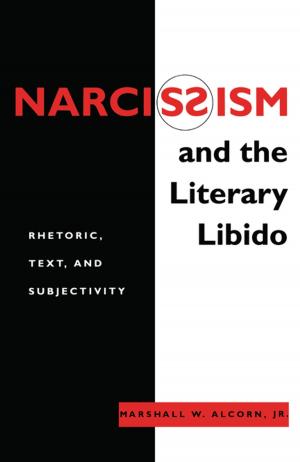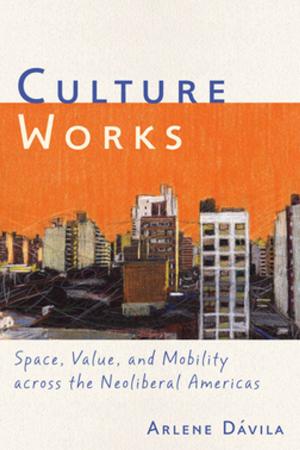A Half-Century of Greatness
The Creative Imagination of Europe, 1848-1884
Nonfiction, History, European General| Author: | Frederic Ewen | ISBN: | 9780814722459 |
| Publisher: | NYU Press | Publication: | September 1, 2007 |
| Imprint: | NYU Press | Language: | English |
| Author: | Frederic Ewen |
| ISBN: | 9780814722459 |
| Publisher: | NYU Press |
| Publication: | September 1, 2007 |
| Imprint: | NYU Press |
| Language: | English |
Choice Outstanding Academic Title for 2008
A Half-Century of Greatness paints a vivid and dramatic picture of the creative thought of mid- to late nineteenth century Europe and the influence of the unsuccessful revolutions of 1848. It reveals often unexpected links between novelists, poets, and philosophers from England, Germany, Austria, Hungary, Russia, and Ukraine—especially Dickens, Carlyle, Mill, the Brontës, and George Eliot; Hegel, Strauss, Feuerbach, Marx, Engels, Wagner, and several German poets; the Hungarian poet Sándor Petöfi; Gogol, Dostoevsky, Bakunin, and Herzen in Russia, and the great Ukrainian poet Shevchenko. Ewen goes on to trace the transition from Romanticism to Victorianism, or what he calls “the Victorian compromise”—the ascendancy of the middle class.
The book was reconstructed and edited by Dr. Jeffrey Wollock from Ewen’s final manuscript. It includes the author's own reference citations throughout, a reconstructed bibliography, and an updated “further reading” list.
This is Ewen’s last work, the long-lost companion to his Heroic Imagination. Together, these books present a panorama of the social, political, and artistic aspects of European Romanticism, especially foreshadowing and complementing recent work on the relation of Marxism to romanticism. Anyone interested in what Lukacs called “Romantic anticapitalism,”; who appreciates such books as Marshall Berman's Adventures in Marxism or E.P. Thompson's The Romantics (1997), will find Ewen’s work a welcome addition.
Choice Outstanding Academic Title for 2008
A Half-Century of Greatness paints a vivid and dramatic picture of the creative thought of mid- to late nineteenth century Europe and the influence of the unsuccessful revolutions of 1848. It reveals often unexpected links between novelists, poets, and philosophers from England, Germany, Austria, Hungary, Russia, and Ukraine—especially Dickens, Carlyle, Mill, the Brontës, and George Eliot; Hegel, Strauss, Feuerbach, Marx, Engels, Wagner, and several German poets; the Hungarian poet Sándor Petöfi; Gogol, Dostoevsky, Bakunin, and Herzen in Russia, and the great Ukrainian poet Shevchenko. Ewen goes on to trace the transition from Romanticism to Victorianism, or what he calls “the Victorian compromise”—the ascendancy of the middle class.
The book was reconstructed and edited by Dr. Jeffrey Wollock from Ewen’s final manuscript. It includes the author's own reference citations throughout, a reconstructed bibliography, and an updated “further reading” list.
This is Ewen’s last work, the long-lost companion to his Heroic Imagination. Together, these books present a panorama of the social, political, and artistic aspects of European Romanticism, especially foreshadowing and complementing recent work on the relation of Marxism to romanticism. Anyone interested in what Lukacs called “Romantic anticapitalism,”; who appreciates such books as Marshall Berman's Adventures in Marxism or E.P. Thompson's The Romantics (1997), will find Ewen’s work a welcome addition.
